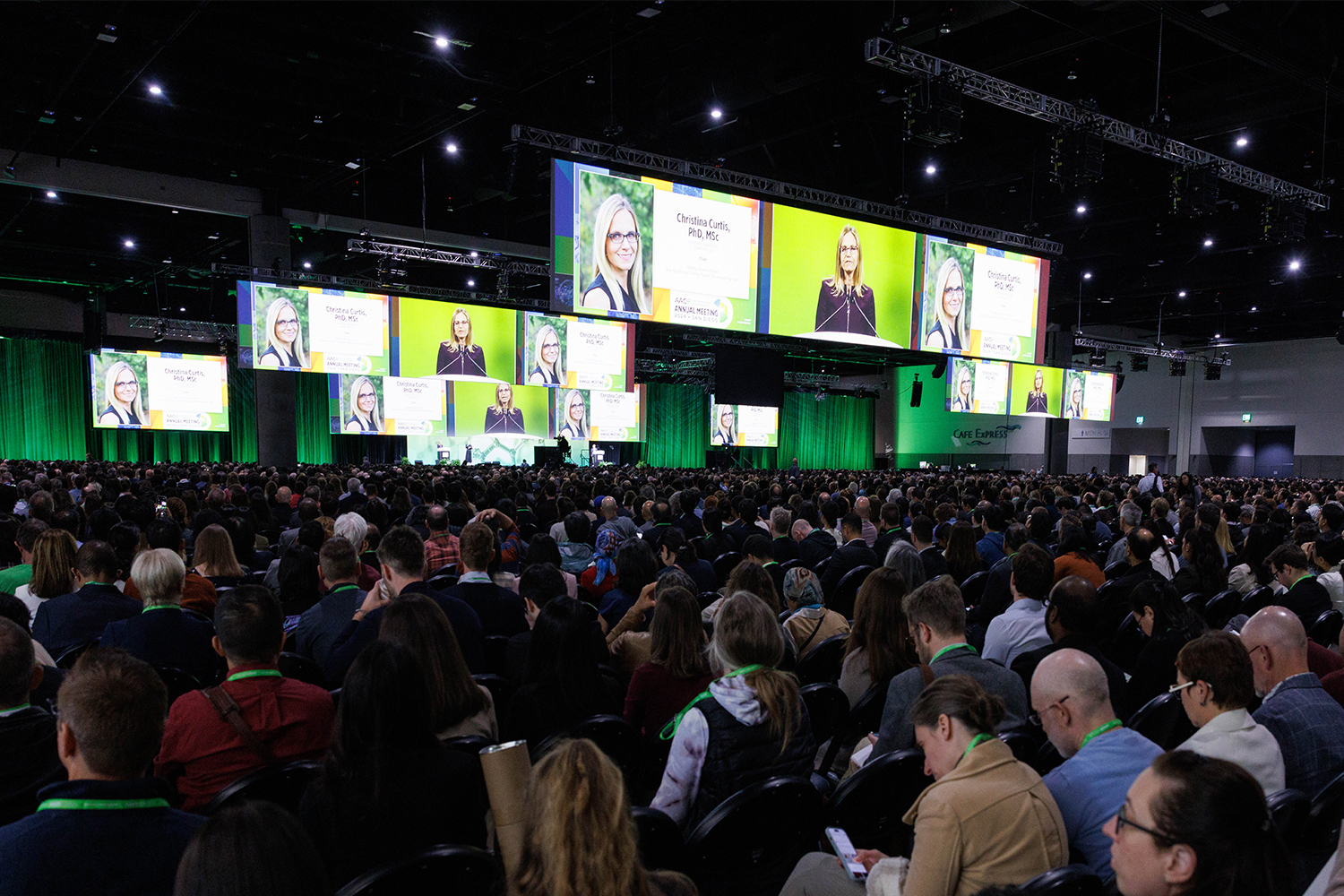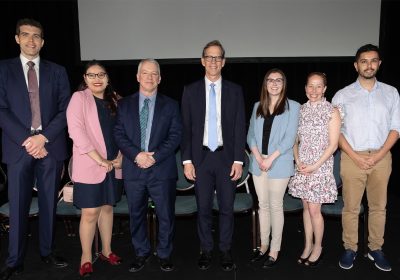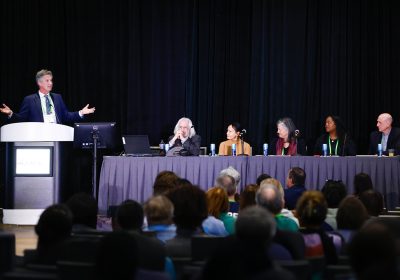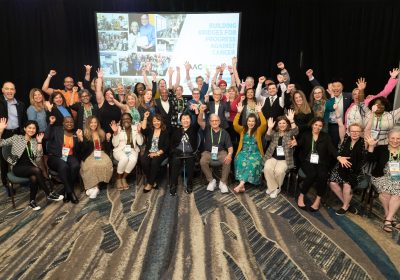
At the Frontier of Cancer Research
The AACR establishes a task force to focus on the evolving discipline of data science.
As data science takes on an increasingly prominent role in cancer research, the American Association for Cancer Research® (AACR) is positioning itself as a leader in this growing sector with the debut of a data science track at the Annual Meeting 2024 and the creation of a Data Science Task Force.
Data science is an interdisciplinary field that relies on statistics, machine learning, and data processing to collect, process, and analyze data as a means to acquire knowledge or solve a problem. It has gained prominence in recent years with the proliferation of artificial intelligence (AI) technology, such as smart home assistants and chatbots. In cancer research, data science helps make sense of collected genetic, biologic, and clinical information with the goal of finding patterns that can improve care.
Cancer researchers have used data science for a long time, but the field is now at a turning point as it faces a “data deluge,” according to Christina Curtis, PhD, MSc, the RZ Cao professor of medicine, genetics, and biomedical data science and director of breast cancer translational research at Stanford University in California. “We’re really just at this inflection point where data are abounding, so we need new tools,” she said.
As an example, Dr. Curtis pointed to the human genome, which has approximately 3 billion base pairs of DNA. Although computers can capture that data, it is too much information for the human brain to parse, so researchers developed technologies that can handle the analysis.
Data science tools have been honed so they can look at human disease biology information and find patterns in cancer risk, progression, and treatment, according to Dr. Curtis. These advances allow data collected for one purpose to be reused in multiple other analyses, as well as help researchers refine potential hypotheses and focus on the most promising ones. “It’s impossible to envision a future without data science playing a really pivotal role in addressing” key cancer research questions, Dr. Curtis said.
The AACR has increased its emphasis on data science, as seen at the AACR Annual Meeting 2024, held April 5 to 10 in San Diego. In addition to elevating data science’s prominence across the entire meeting, the program committee, co-chaired by Dr. Curtis, curated the first-ever data science topic track. Sessions covered subjects like how AI can accelerate progress in precision oncology, data science opportunities in early detection, and how AI can help improve disparities research and clinical trial design.
The AACR also has created a Data Science Task Force. Led by Dr. Curtis, the group consists of nearly 40 prominent data scientists around the globe, with representation ranging from academic researchers to members of the pharmaceutical industry. At quarterly meetings and through focused subcommittees, the task force will discuss how data science advances can inform cancer care decisions, how to address challenges in the discipline, and the role of government policy in data science.
“We feel that it’s very important that we have thought leaders who are championing some of these issues so we can work together to really advance the field and advance the insights for the benefit of cancer patients,” Dr. Curtis said.
The task force will facilitate the AACR’s position as a thought leader in cancer data science. “AACR is well poised to lead this discussion among members of the cancer community,” Dr. Curtis said. “AACR has always been at the frontier of cancer science, and certainly data science is here to stay. It’s one of the factors that will drive much progress in the years ahead.”





